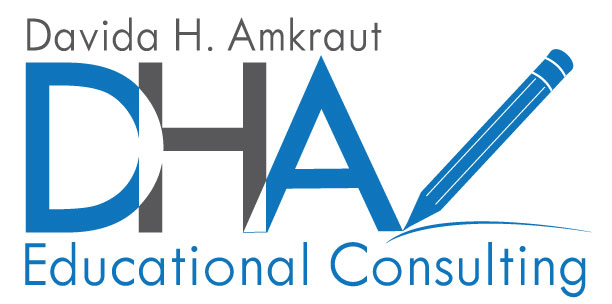As one admission cycle comes to an end, a new one cannot be far behind. The Common Application, one of the more popular methods of applying to college, is slowly releasing what’s new, and, in some cases, what is improved with the 2021-2022 application. The Common Application announced the first big change a few weeks ago with the prompts for the personal essay for the 2021-2022 cycle which include the following:
- Some students have a background, identity, interest, or talent that is so meaningful they believe their application would be incomplete without it. If this sounds like you, then please share your story.
- The lessons we take from obstacles we encounter can be fundamental to later success. Recount a time when you faced a challenge, setback, or failure. How did it affect you, and what did you learn from the experience?
- Reflect on a time when you questioned or challenged a belief or idea. What prompted your thinking? What was the outcome?
- Reflect on something that someone has done for you that has made you happy or thankful in a surprising way. How has this gratitude affected or motivated you?
- Discuss an accomplishment, event, or realization that sparked a period of personal growth and a new understanding of yourself or others.
- Describe a topic, idea, or concept you find so engaging that it makes you lose all track of time. Why does it captivate you? What or who do you turn to when you want to learn more?
- Share an essay on any topic of your choice. It can be one you’ve already written, one that responds to a different prompt, or one of your own design.
For the most part, the prompts have not changed from last year’s Common Application with the exception of number four. The old prompt was: “Describe a problem you’ve solved or a problem you’d like to solve. It can be an intellectual challenge, a research query, an ethical dilemma – anything that is of personal importance, no matter the scale. Explain its significance to you and what steps you took or could be taken to identify a solution.” The new prompt is: “Reflect on something that someone has done for you that has made you happy or thankful in a surprising way. How has this gratitude affected or motivated you?”
This new question will allow applicants to focus on the positive in very challenging and unprecedented times and should deter them from writing about the hardships of Covid. There will be an opportunity in the application to spend some time reflecting on the Pandemic as The Common Application has decided to keep the optional question that was added last year about the impact the Pandemic has had on the student’s life. The question reads: “Community disruptions such as COVID-19 and natural disasters can have deep and long-lasting impacts. If you need it, this space is yours to describe those impacts. Colleges care about the effects on your health and well-being, safety, family circumstances, future plans, and education, including access to reliable technology and quiet study spaces.” Students are encouraged to answer this 250 word question if they have something of significance to say that will add value to their application.
Lastly, the Profile section of the Common Application will look a little different this year. There are a series of changes to the questions focused on sex and gender. The Common Application released this statement: “In an effort to ensure that the application process itself will not undermine LGBTQ+ students’ chances of attending college, Common App will add a question to provide applicants with the option to share their preferred first name, added a pronoun question that gives students the option to multi-select or add their pronoun set, and shift the presentation of a question from “Sex” to “Legal Sex” to reduce student confusion.”
New information emerges almost daily as universities, testing agencies, and application sites adjust to the new normal. Keeping up to date with all this news can be cumbersome. I recommend signing up for Rick Clark’s blog which tackles the latest in the college admission world. Rick Clark is the director of admissions at Georgia Tech and he has a way of presenting the latest in layman’s terms.
